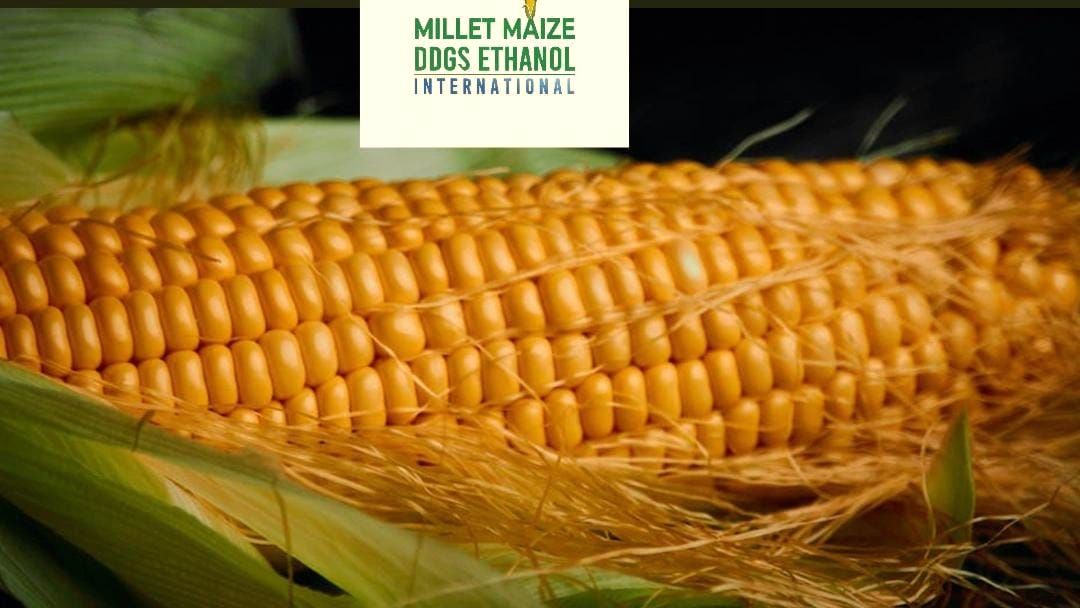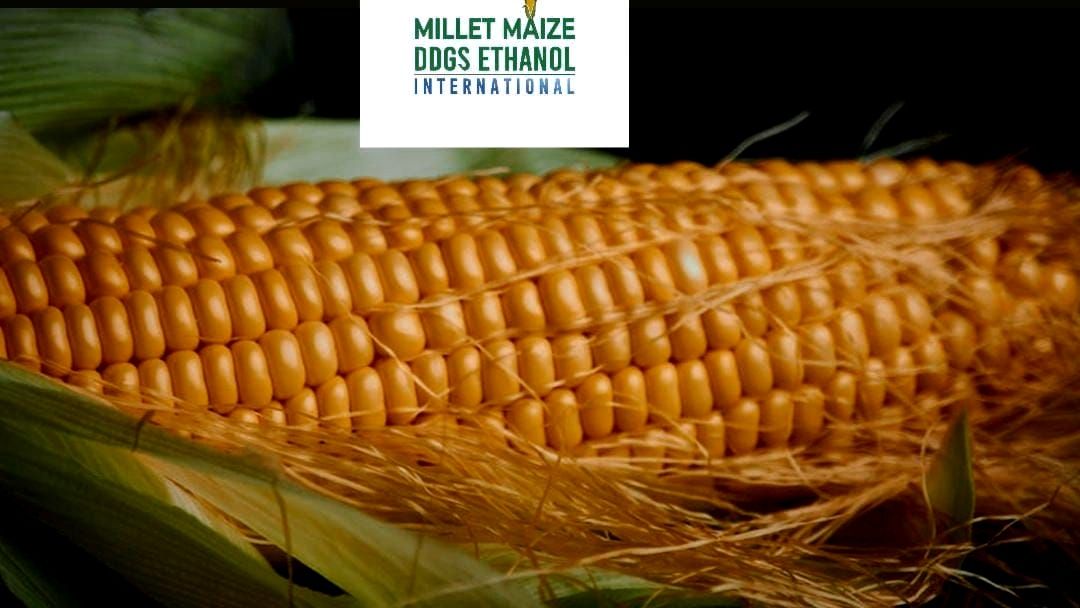mmdeinternational.com - 🌍🌽 Demand Surges for Climate-Ready Maize — CIMMYT Delivers with Resilient Varieties 💪🌱

Climate Change & Increasing Stress
Farmers are facing more frequent heat, drought, pests, and erratic rainfall. Seed demand for varieties that can better handle these conditions is rising.
Performance & Farmer Trust
The new varieties don’t trade off yield under good conditions, making them a safer bet. Hence, seed companies are willing to take the risk of introducing them.
Regulatory & Institutional Support
CIMMYT is facilitating licensing, helping seed companies / public entities with registration and commercialization.
Economic Incentive
Where yield is more stable, and losses smaller, farmers earn more; this creates demand not just for productivity but for resilience.
Regulatory processes can be slow (2‑3 years for variety registration in many countries).
Seed companies, especially small ones, face risk in bringing new varieties to market.
Funding pressure on international breeding programs—maintaining breeding programs, field trials, etc., is expensive. CIMMYT
Ensuring that adoption reaches smallholders, especially poorer farmers, who might have resource constraints.
For policy makers: Encouraging regulatory reform to speed up variety registration, supporting seed systems, and public‑private partnerships could amplify impact.
For seed companies: There is increasing market demand. Seed producers who invest in stress‑tolerant maize varieties have a good opportunity.
For funders / donors: Returns on investment are high. Supporting breeding programs, trait discovery, and scaling seed delivery can yield substantial economic, food security, and livelihood benefits.
For farmers: Stress‑tolerant maize varieties could reduce vulnerability to climate shocks, stabilize income, and improve food security.
